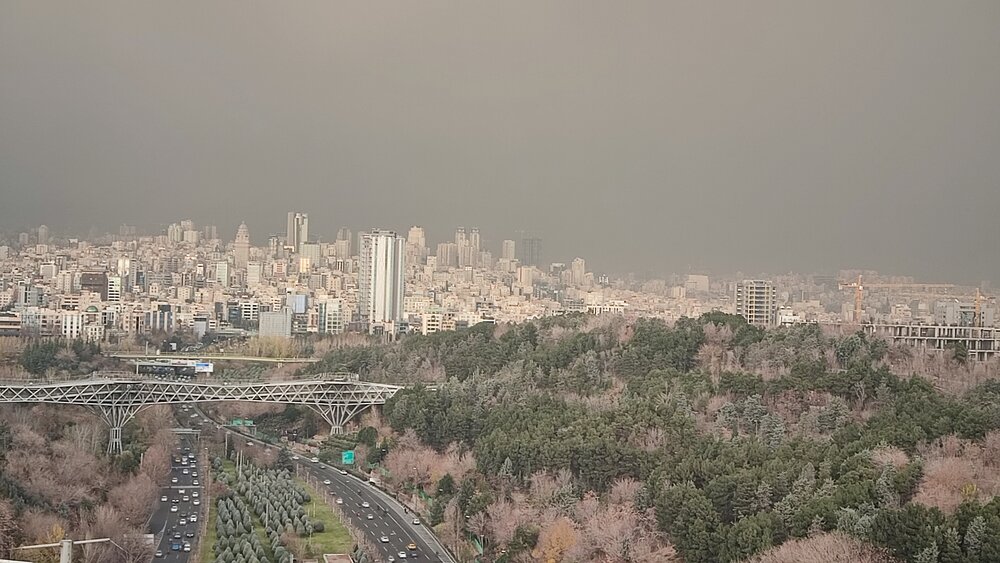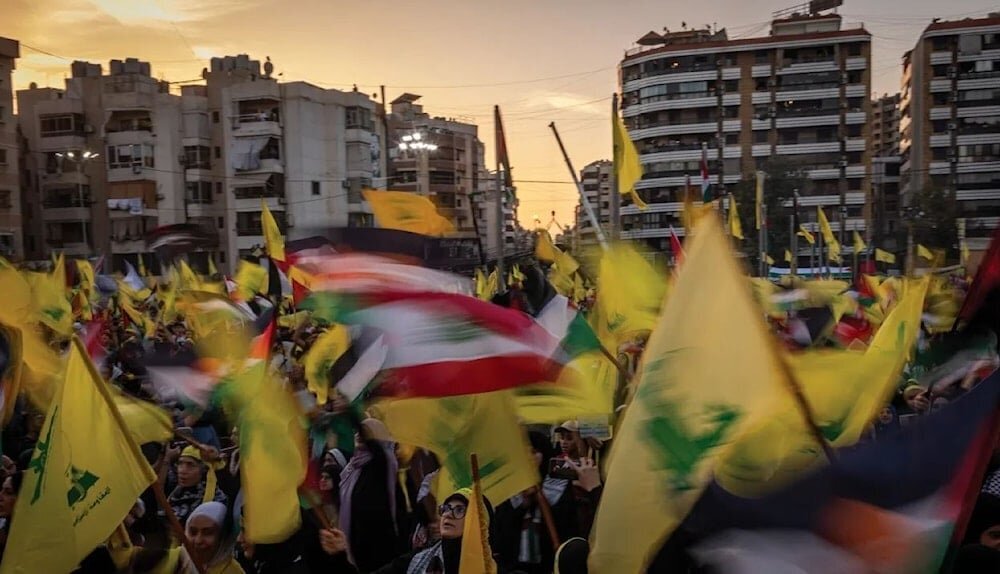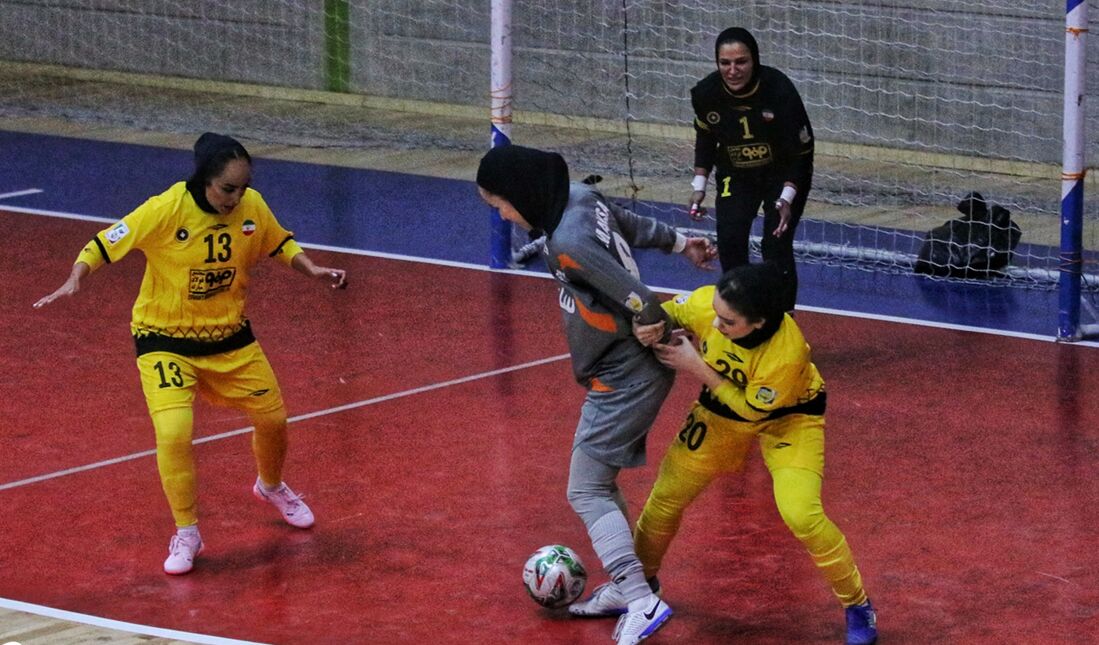Thousands to defy UK ban on Palestine Action in ‘historic’ mass civil disobedience
Thousands to defy UK ban on Palestine Action in ‘historic’ mass civil disobedience

Campaigners challenging the UK government’s ban of direct action group Palestine Action have announced a series of "historic" actions which they are calling the "most widespread mass civil disobedience in modern British history".
Protests will take place in 18 towns and cities across the UK next month ahead of and during next month's judicial review of the direct action group's proscription.
Clive Dolphin, a spokesperson for Defend Our Juries, the campaign group coordinating the protests, said that the actions were “designed to exert pressure” over the upcoming judicial review.
In July, Yvette Cooper, then home secretary, banned Palestine Action and designated the group as a terrorist organisation.
The ban means Palestine Action is akin to the Islamic State or al-Qaeda in British law, and expressing support or membership of the group is a criminal offence that could lead to a prison sentence of up to 14 years.
Since then, thousands have risked arrest under the Terrorism Act for holding signs stating "I oppose genocide, I support Palestine Action".
So far more than 2,000 people have been arrested, while 170 face charges under Section 13 of the Terrorism Act.
While total numbers of participants are currently unclear, previous protests opposing the group's proscription have drawn crowds of more than a thousand people.
Defend Our Juries said they expect varying responses from police forces across the country. During the last round of protests in early October, a number of forces, including those in Devon and Cornwall, Edinburgh, Derry, Totness and Kendal, chose not to make arrests.
“What we've come to understand over the course of these protests is that there is a political element to the policing,” Dolphin said, describing Metropolitan Police Commissioner Mark Rowley’s approach as “masochistic”.
“Rowley has thrown huge amounts of resources at arresting every single person,” Dolphin said.
“We’ve seen officers from all across the country coming down to London to carry out arrests on behalf of the Met police.”
Dolphin said that the proscription had unleashed “chaos” in the magistrates' court system, noting that Westminister is the only magistrates' court able to handle terrorism cases. Dolphin said that an additional magistrates' court had been designated to deal with the additional workload.
In two case management hearings earlier this month, judges outlined plans for trials of defendants which would see them tried five at a time in two-and-a-half-hour hearings. Lawyers told Middle East Eye that the proposal would restrict their right to a fair trial.
‘No other choice’
Alongside the sign-holding actions, Prisoners for Palestine (PFP) announced that prisoners held on remand for alleged offences relating to Palestine Action activities will launch a rolling hunger strike on 2 November, over what they describe as “systematic abuse” by prison authorities.
The group said that they had “no other choice” after a letter to Home Secretary Shabana Mahmood outlining their demands, including immediate bail and an end to prison interference with their personal communications, went “unanswered and ignored”.
Francesca Nadin, a former prisoner and PFP campaigner, said that all Palestine Action-linked prisoners are “suffering from constant censorship” by prison authorities, with restrictions placed on their calls and “hundreds” of their personal letters reported to have “gone missing”.
MEE previously reported that prisoners linked to Palestine Action were facing increasing restrictions on their post, phone calls and visits in the wake of the group’s proscription in July. This prompted one detainee, T Hoxha, to launch a hunger strike in August.
Clare Hinchcliffe, the mother of Palestine Action detainee Zoe Rogers, said that her daughter’s detention was the “first experimental step” towards the group’s proscription.
Rogers was among the Filton 24, a group who were arrested on terrorism charges in connection with an action in August 2024 targeting a research and development hub of UK-based Israeli arms company Elbit Systems in Filton, Bristol.
While the defendants now face non-terror-related charges, the Crown Prosecution Service has said it will argue in court that they have a “terrorism-connection”, which could aggravate their sentences.
All Filton 24 defendants have been refused bail and have been held on remand beyond the UK’s standard pre-trial custody time limit for the crown court, which is 182 days.
Hinchcliffe described the experience of watching her daughter being led out of the courtroom after being denied bail as “one of the most traumatic moments of my life”.
Nadin said she could not disclose exact numbers of prisoners participating in the strike over fears individuals will be further targeted by the prison authorities.
When asked by MEE how she expected the prison authorities to respond to the strike, Nadin responded: “We have no idea. I think an indication is that we had no reply from the Home Office to our letter, and I imagine that they will try and ignore this in the beginning, until it becomes impossible for them to ignore. This is a historic moment, and it’s up to the government to choose how to react.”













